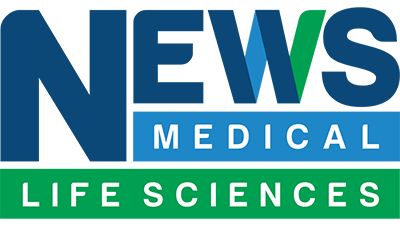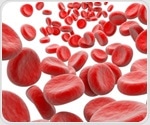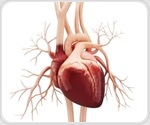
|
|
|
| |

|
|
| |
The latest cardiology news from News Medical |
|
|
|
| |  | | |  Platelets are small, anucleate blood cells that play an essential role in hemostasis. Their primary task is to recognize vascular injury, become activated, and aggregate via their surface receptor integrin αIIbβ3. This leads to the formation of a stable platelet plug that seals the wound and stops bleeding. Platelets are small, anucleate blood cells that play an essential role in hemostasis. Their primary task is to recognize vascular injury, become activated, and aggregate via their surface receptor integrin αIIbβ3. This leads to the formation of a stable platelet plug that seals the wound and stops bleeding. | | | | |  The world's leading cardiovascular societies, the European Society of Cardiology (ESC), the American College of Cardiology (ACC), the American Heart Association and the World Heart Federation (WHF) have today issued the first ever joint statement calling for urgent action to address environmental stressors as major, yet preventable, causes of cardiovascular disease (CVD). The world's leading cardiovascular societies, the European Society of Cardiology (ESC), the American College of Cardiology (ACC), the American Heart Association and the World Heart Federation (WHF) have today issued the first ever joint statement calling for urgent action to address environmental stressors as major, yet preventable, causes of cardiovascular disease (CVD). | | | | |  Starting smoking at a younger age is associated with substantially higher risks of myocardial infarction, stroke, and death, even after accounting for cumulative smoking exposure. Early initiation also amplifies the cardiovascular harm of heavier smoking, indicating increased vulnerability when smoking begins in adolescence. Starting smoking at a younger age is associated with substantially higher risks of myocardial infarction, stroke, and death, even after accounting for cumulative smoking exposure. Early initiation also amplifies the cardiovascular harm of heavier smoking, indicating increased vulnerability when smoking begins in adolescence. | |
|
|
|
|
|
|
|